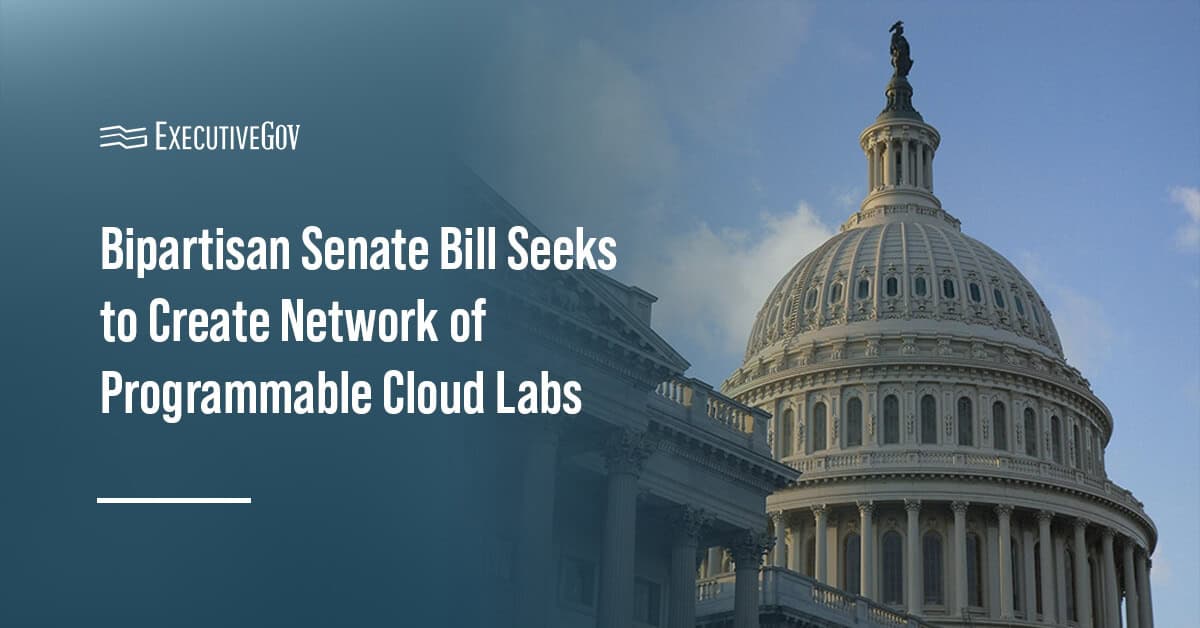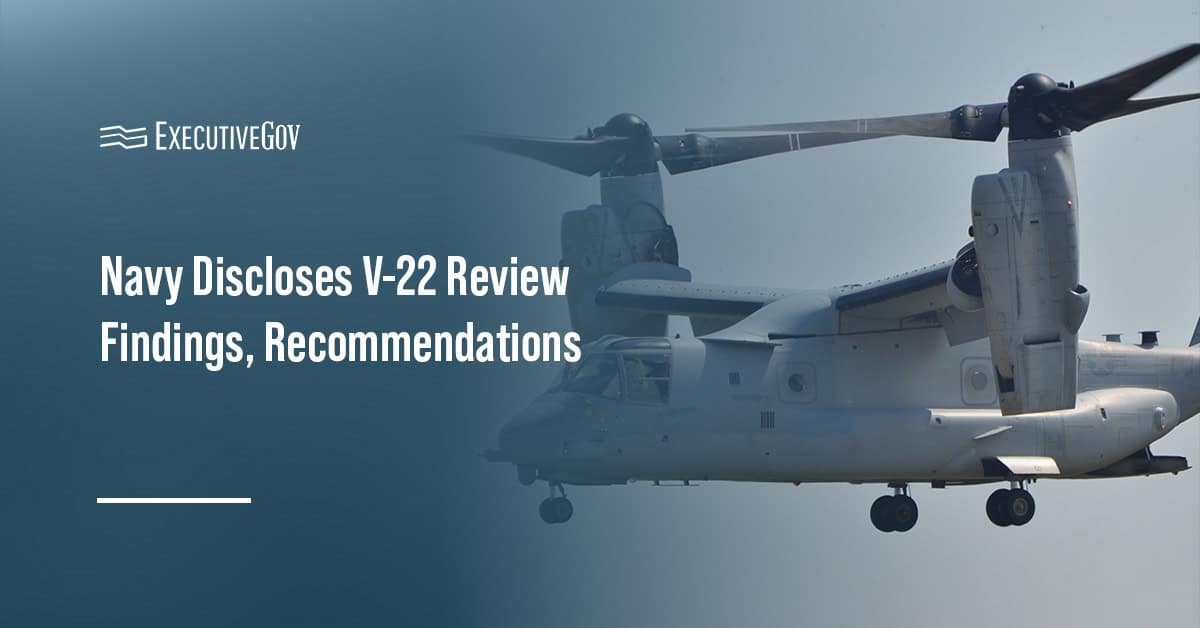
Jim Bridenstine, NASA’s administrator and 2019 Wash100 Award winner, said that he is “not willing to rule out†a human mission to Mars by 2033 during a press briefing, Space News reported Tuesday. Bridenstine noted that there are alternative ways of conducting the first human mission to Mars by 2033.
This is in contrast with the Science and Technology Policy Institute’s report stating that a Mars mission by that time “cannot be realistically scheduled under NASA’s current and notional plan.†The report was delivered to Congress in early 2019 in line with the 2017 NASA authorization act.
“We are working right now, in fact, to put together a comprehensive plan on how we would conduct a Mars mission using the technologies that we will be proving at the moon,†he said.





